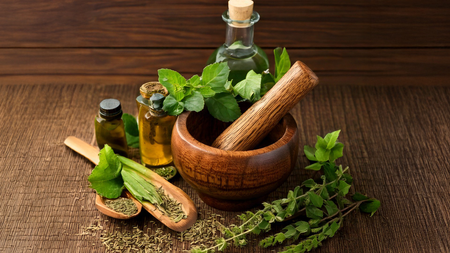Vitamin E deficiency
The body needs all vitamins and minerals to work better. If any vitamin starts decreasing, it affects health. The same essential vitamin is Vitamin E, which is fat soluble. Vitamin E is an antioxidant required for health that is necessary to protect cells from free radicals and strengthen immunity. Vitamin E is necessary to prevent clotting in the heart. If there is a deficiency of vitamin E in the body, then these symptoms are seen.
Symptoms of vitamin E deficiency
Milk difficulty in muscle weakness, numbness of hands and feet
How much vitamin E should be taken daily?
According to the report of Harvard Health, women and men of 14 years or more are required to consume 15 mg of vitamin E daily. Feeding women need 19 mg of vitamin E daily.
Vitamin E
Eat almonds daily to meet vitamin E deficiency. Include mustard seeds in the diet. Use wheat seeds, sunflowers, kusum and soybean oil. Eat peanut butter and peanuts. The vegetables must include beetroot, collar greens, spinach, pumpkin, red capsicum, asparagus (asparagus) and mango and avocado in fruits. This can accomplish vitamin E deficiency in the body.
Why is there a deficiency of vitamin E?
People who do not take healthy diet may cause vitamin E deficiency in their body. Sometimes due to genetic reasons, problems caused by vitamin E deficiency in the body start. If someone in the family has vitamin E deficiency or related diseases, then you may be in danger. Problems of chronic pancreatitis, celiac disease, cholestatic liver disease, cystic fibrosis can also cause this.
(This article is for general information, must consult a doctor before adopting any remedy)
Latest health news






